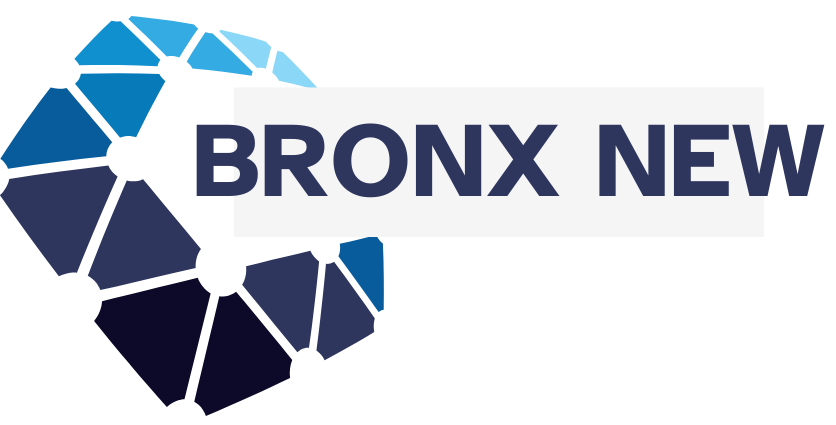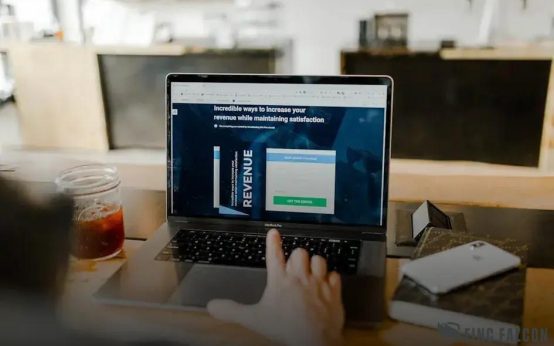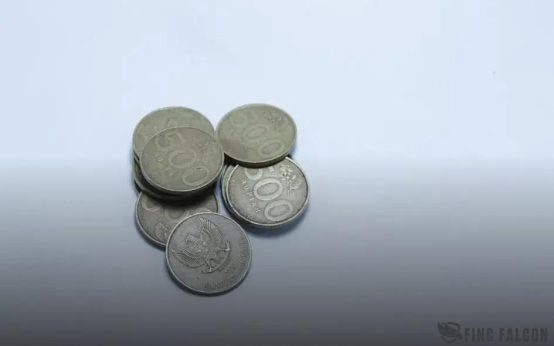Are you considering whether to lease or buy a car? This decision is pivotal, impacting your financial future and daily lifestyle. With so many factors at play, from upfront costs to long-term commitments, it’s crucial to understand the unique pros and cons of each option. Whether you’re drawn to the idea of a new car every few years or value long-term ownership, this guide breaks it down for you. Explore these key aspects to make an informed decision that aligns with your financial goals and personal needs.
Understanding Leasing vs. Buying
When considering whether to lease or buy a car, it’s essential to understand the core differences between these two options.
Leasing
offers the opportunity to drive a new vehicle every few years without the hassles of ownership. You typically pay lower monthly payments and might avoid certain maintenance costs since most leases cover warranties and basic repairs. However, lease agreements often come with mileage limits, and ending a lease early can incur hefty fees.
Buying
, on the other hand, means you own the vehicle outright. While this typically requires a larger down payment and higher monthly payments initially, in the long run, you build equity in the car. Once it’s paid off, you can enjoy driving without monthly obligations. Additionally, owning allows you to customize your car as you please and drive without mileage restrictions.
Financial Benefits of Leasing

When you are considering leasing a vehicle, there are several financial advantages to keep in mind. Initially, leasing usually requires a smaller down payment compared to buying. This allows you to drive a newer car without the heavy upfront costs.
Another key benefit is the possibility of lower monthly payments. Since you are essentially renting the car for a certain period, your monthly payments can be significantly lower, freeing up cash for other expenses or investments.
Leasing often comes with warranty coverage, which can save you money on repairs. As the car is typically under warranty for the duration of the lease, unexpected repair costs can be minimized.
Furthermore, leasing offers the potential to drive a new car every few years without the hassle of selling or trading in. This can help you avoid the depreciation hit that typically comes with owning a vehicle.
Leasing might also include the option to buy the vehicle at the end of the term, offering flexibility if you decide to keep the car long-term. Tax benefits might be available as well, especially for business use, which could mean additional savings.
Cost Considerations When Buying
When considering the expenses of purchasing a car, it’s crucial to be aware of the various cost factors that come into play beyond the sticker price. Upfront Costs: Buying a car typically requires a substantial down payment, which can be a significant percentage of the car’s total cost. This initial expense is higher than the upfront costs associated with leasing.
Financing and Interest Rates: If a loan is involved, interest rates can significantly affect the overall expense of buying a vehicle. A lower interest rate translates into lower total payments over the loan’s life, but poor credit scores can result in higher rates.
Depreciation: Cars rapidly lose value after purchase. Typically, a new car depreciates about 20% in its first year. This depreciation affects resale value and can be a downside if you plan to sell the car in the near future.
Maintenance and Repairs: Owning a vehicle means you are responsible for all maintenance and repair costs once the warranty expires. Over time, these costs can accumulate, impacting your budget.
Insurance: Insuring a purchased car could be more costly compared to leasing, depending on factors such as the car’s make, model, and age.
Overall, understanding these cost considerations can help in determining whether purchasing aligns with your financial situation and long-term goals.
Long-term Implications

Deciding whether to lease or buy a car involves considering long-term implications that affect your financial future. Leasing allows you to drive a new car every few years and enjoy the latest models with cutting-edge technology. However, it’s important to note that you will not own the vehicle, and continuous monthly payments will persist if you choose to lease again.
Ownership and Resale Value
Buying a car results in eventual ownership, which can be a significant advantage. As you pay off your loan, you build equity, and once the loan is fully paid, you can enjoy driving without monthly payments. Additionally, you have the option to sell the car later and recoup some of your investment.
However, owning a car comes with the risk of depreciation, which can substantially reduce its resale value over time. It’s essential to consider how quickly your car might depreciate and how that affects long-term financial plans.
Flexibility and Lifestyle
When thinking about long-term implications, consider your lifestyle and how it might change in the future. Leasing offers flexibility, allowing you to adapt to different life circumstances. If your needs change, such as needing a larger vehicle for a growing family, leasing provides a solution without being tied to a long-term commitment.
Conversely, owning a car can mean greater stability if you plan to hold onto the vehicle for a significant period. It’s a decision that might better suit those who appreciate the reliability of not having monthly payments after the loan term is completed.
Ultimately, examining these long-term implications can help shape your decision, ensuring it aligns with both your current needs and future aspirations.
Making the Right Choice for You
When you are at a crossroads deciding whether to lease or buy a car, it’s essential to consider your financial situation and personal preferences. Reflect on how much you drive, your budget, and how you plan to use the car. If you prefer driving a new car every few years, leasing might be your best option. On the other hand, if you want full ownership and the ability to modify your vehicle, buying could be more suitable.
Calculate the total cost of ownership in both cases. Leasing typically involves lower monthly payments, but remember, you will need to comply with mileage limits and may face lease-end charges. Buying a car might require more funds upfront or higher monthly payments if financed, but you’ll build equity over time.
Consider how long you plan to keep the vehicle. Leasing often appeals to those who enjoy the predictability of lower, fixed payments and desire frequent upgrades. However, if you intend to hold onto your car for an extended duration, purchasing is usually more economically advantageous. Take the time to evaluate current promotions or incentives that might sway your decision.
Reflect on lifestyle needs and changes. Are you anticipating shifts in your personal or professional life that might affect your vehicle choice? Whether it’s growing a family or changing job locations, these factors play a significant role. Making the right choice is about aligning your decision with both financial insight and personal lifestyle goals.





